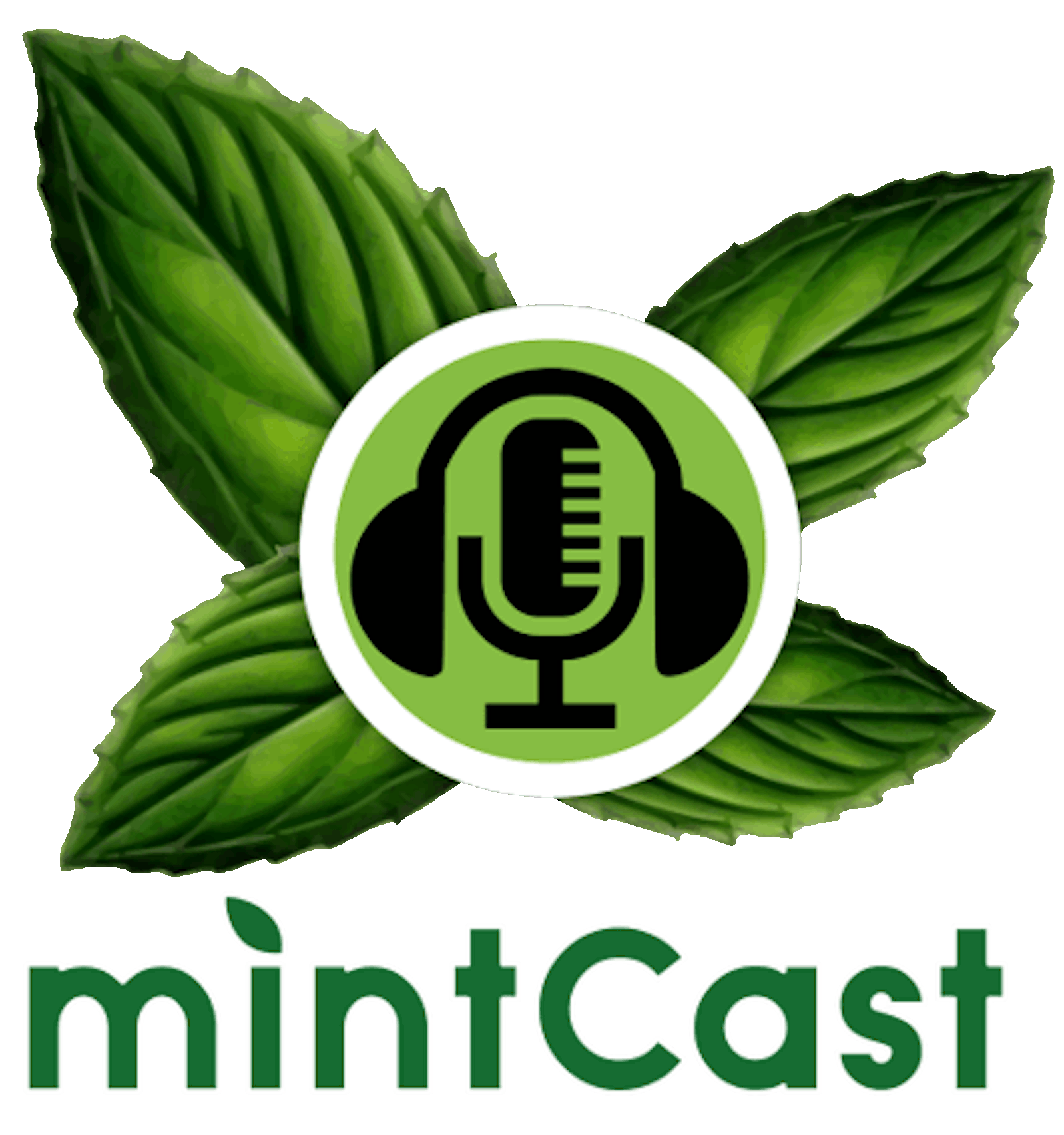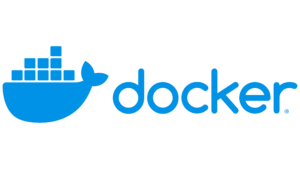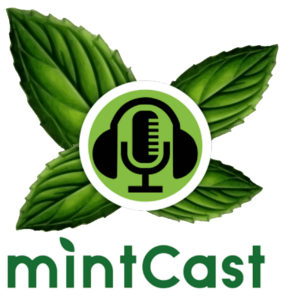mintCast 305 – Podcast Production
mintCast Episode 305
This is mintCast: A podcast by the Linux Mint community for all users of Linux
We record every other week on Sunday afternoons
Watch the mintCast website for the schedule
Livestream information is at mintcast.org/livestream
We’re in the mintCast channel in IRC at irc.spotchat.org
If you see something that you’d like to hear about, tell us!
Send us email at [email protected]
Join us on MeWe
And Facebook
Post at the mintCast subreddit
Chat with us on Telegram, link
Discord, link
Or post directly at http://170.187.156.171http://170.187.156.171
INTRODUCTION
- Welcome to mintCast Episode 305.
- This is Leo and with me this week are Bo, Joe, Tony Hughes, and Moss. We’re recording live on Sunday 24th March 2019.
First up, in our wanderings, we’ll hear about upgraded kernels and Disco Dingo, Joe has two new tablets and needs ideas, Moss has done a RAM upgrade and tried out a few more distros, and Tony Hughes has been hard at work taking us into the past.
Then, we have news about SUSE independence, some articles about gaming, with and without android, and some updates to our Audacity workflow.
We hit our Innards which covers podcast production.
And finally, we cover listener feedback.
BI-WEEKLY WANDERINGS:
- Leo
- Upgraded to Kernel 4.18. Waiting on 5.0 on Mint after Disco Dingo drops.
- The upgrade to the new kernel “fixed” my trackpad issues mostly. After a suspend, trackpad will get a slight bit of gesture input lag, so I still have to use the grub fix.
- Test driving 19.04 on my desktop.
- Joe
- Re-installed LM on my garage mini pc to correct ssh issues and audio issues
- A work associate gave me 2 Fujitsu ST5000 tablets: Pentium M processor 1.1ghz and 2gb of ram but an awesome screen at 1024 x 768
- Won’t do youtube very well or Plex but will do sshfs playback for 720p files
- X2go works great
- X11 forwarding is very hit or miss
- Peppermint, MX, Lubuntu. Required forcepae in initial boot up
- Lubuntu
- Initial login screen is dark but typed in password and got in
- Steam
- Installed on 3 OS’s but would not open in any
- Did get it to x11 forward from one machine and got the store loaded
- Tried to stream from another machine and failed
- Need Ideas for projects
- Probably going to use it as an Resilio SYNC node to help get away from dropbox
- May also use it as an intercom. Need to research some software.
- Moss
- I got the 4 Gb RAM stick. Installed it. Had to reseat it. It went in the slot behind the door. Runs great, have not noticed a difference but I might when I get enough windows open…
- I installed Solus OS 4 on the formerly-MX partition (couldn’t get Grub Customizer [it was pointed out during the show by MintSpider on IRC that Solus has Grub Customizer available]) followed by installing MX on the OM4 partition (could get Grub Customizer). Then I ran Grub Customizer… and it refused to save, citing an error in line 191 of the file. Then I noticed that I did not have ANY internet connection in MX, despite the fact that I am wired via Ethernet, and that, with systemd, there was no functioning Network helper file. I am removing MX from my personal Recommended Distros list. I tried going back to KDE neon, with which I had zero problems with in 16.04 but had difficulties multiply as 18.04 updated.
- So. KDE neon would not load a desktop. Lubuntu loaded sorta, went to black screen, I could not advance further in the installation. I tried Ubuntu Budgie. Then I noticed that left me with two installations of Budgie, although they look different in Solus and Ubuntu Budgie, and so I loaded Kubuntu 18.10. Nothing major different… except that installing .deb files using gDebi winds up opening QApt, which does not complete the gDebi installation in the usual way. I’m considering hopping again, as I have managed to get Mageia 7 Beta 2 to run as a live distro and I’d be interested to note the differences between it and OpenMandriva 4 Beta. But not today. Fun note: Mageia’s live stick, when inserted, actually shows the Mageia logo on your desktop.
- Tony H
- Creating archive folders of the audio on archive.org up to and including the special interviews for episode 300. A couple of people in the Telegram channel were having difficulty finding some of the episodes, I’ve also created a Blog post on mintCast.org with links to the folders.
- Upgrading the Dell E7250 to 16Gig Ram, managed to pick up 2 DDR3 8Gig modules £48 / $64 approx.
THE NEWS:
- Suse is an independent company again
- “Independent” can be debated, but it looks like SUSE’s Board are calling their own shots
- Maru OS gets an update
- Updated from Android v6.0.1 to 8.1 for the phone
- Updated from Debian 8 to 9 for the “desktop” when display is used
- Chromecast support!
- ( Bo ) Stadia game streaming service is powered by Linux
- Announced at Game Dev Conference
- Game streaming service
- Uses Linux and Vulcan
- The Google presentation highlighted that it would be running Linux
- (Leo) Lutris 0.5.1 Released
- Better handling of WINE versions when WINE isn’t already installed
- Better usage of discrete graphics cards when launching games
- Better Proton integration
- Fixed issue with GOG games while not connected to GOG
- Audacity 2.3.1 (2.3.0 was broken for Linux) [Moss: Mine was stuck at 2.2.1, and wouldn’t upgrade until I added the PPA]
- Nuvola Streaming Music Player – open-source, Linux only, no iTunes
LINUX INNARDS:
Show Preparation
Planning – LEO
- We use Discord to discuss show topics during the week.
- We aggregate feedback from all social media and email (discord, Telegram, MeWe, facebook, reddit, etc) and put that in the show notes
- mintCast hosts meet every Saturday to discuss show plans on Mumble.
- Google Doc is shared amongst all the hosts to place links and show notes throughout the two weeks.
Show production
Hardware
- Tony H – Depending on my location or just where in the house I want to record from I’m either on my HP Elite 8300 Tower Intel Core™ i7-3770 [Quad] with 24 Gig Ram, I use the USB sound card to connect my Headset with integrated mic to this as I do when using my Toshiba Z30 i5 with 16Gb Ram, that I use as my mobile studio.
- USB 7.1 channel sound card with a headset / microphone combo plugged into it.
- Joe – MSI GE72-6qd 2.6GHz Intel Core i7-6700HQ laptop with a samson meteor microphone sometimes the snowball and a turtle beach headset earforce z2.
- Bo – Xenyx 1622fx mixer, MXL 990 and MXL BCD-1
- Leo – Thinkpad T450s (i5-5300U, 20GB RAM, WiFi), Linux Mint 19.1 Cinnamon (HWE Kernel 4.18), Blue Yeti, Bose SoundSport BT earbuds, considering Over-the-Ears
- Moss – Lenovo ThinkPad T430 (i5-3320, 8 Gb RAM, Ethernet), LinuxMint 19.1 MATE, Blue Yeti, phone headset for headphones
Software
- The show host all connect using the HPR Mumble server and we record the show via Mumble as a backup, in .flac, and recording the individual channels.
- Audacity recording
Post Production
Tony H – Editing the audio
- We all record locally using Audacity and at the end of the show we each export to a full quality .flac file. The show is then mixed in Audacity using the following process.
- Import the separate audio tracks and line them up using the markers we create before starting to record.
- Depending on volumes compress each file using a threshold of -30db, Noise Floor -50db and ratio of 3:1 and tick the box for ‘make up gain’ (this is a lot better since we introduced a mic mute key so our mic’s are only open when we are talking.
- Then we process each track with noise reduction using the 20-30 seconds of silence we create at the beginning to get a background noise threshold, then using 12db noise reduction, sensitivity of 6 and frequency smoothing of 3, we apply this to each track.
- We then check each track for any sound anomalies, that may not have been removed by noise reduction, and where possible remove. During this phase we also sometimes remove audio where we have spoken over one another, as long as it does not affect the context of what is being said.
- Once the tracks are satisfactory, we mix down the audio to one track and then add in any transition music not included during the show.
- We then run truncate silence to remove large gaps in the audio using Level -35db, duration 0.5s, truncate to 0.5s
- Finally we export the track as full quality mono .flac, mp3 (96kbps) and .ogg (quality 6)
Bo – Streaming
- Our icecast is provided by Kwisher
- OBS streams audio and video.
- Doesn’t require Jack
- Doesn’t stream to icecast
- We use nginx to convert our rtmp stream to an icecast stream
- IDJC streams audio only
- Requires Jack
- Streams to icecast
Joe – Posting the show
- Edit the show notes, post to WordPress (JetPack plugin)
- Archive dot org
Bo – submitting your show to itunes, google play, stitcher and spotify
FIND US ON THE WEB
Joe – www.Tllts.org www.linuxlugcast.com mewe [email protected]
Bo – undercastnetwork.com
Moss? Triad Bardic College, Peaceful Hippo, Bandcamp, MeWe, all over YouTube on various peoples’ pages, [email protected]
Tony Hughes – HPR – http://hackerpublicradio.org/correspondents.php?hostid=338
Occasional Blog https://tony-hughes.blogspot.com/
Twitter @TonyH1212
Tony Watts – [email protected] check out Echoes of Savages on YouTube, spotify, itunes, facebook, etc etc
Leo – leochavez.org and @leochavez on Twitter
Before we leave, we want to make sure to acknowledge some of the people who make mintCast possible …
KWisher for the “PiCaster”, a Raspberry Pi that streams each episode as we record it
The folks at Hacker Public Radio for the Mumble server we use to communicate
The Linux Mint development team for the fine distro we love to talk about
Podcast: Play in new window | Download
Subscribe: RSS




This seems to be a tutorial on how to stream from OBS to Icecast. https://epir.at/2018/03/08/obs-icecast-streaming/